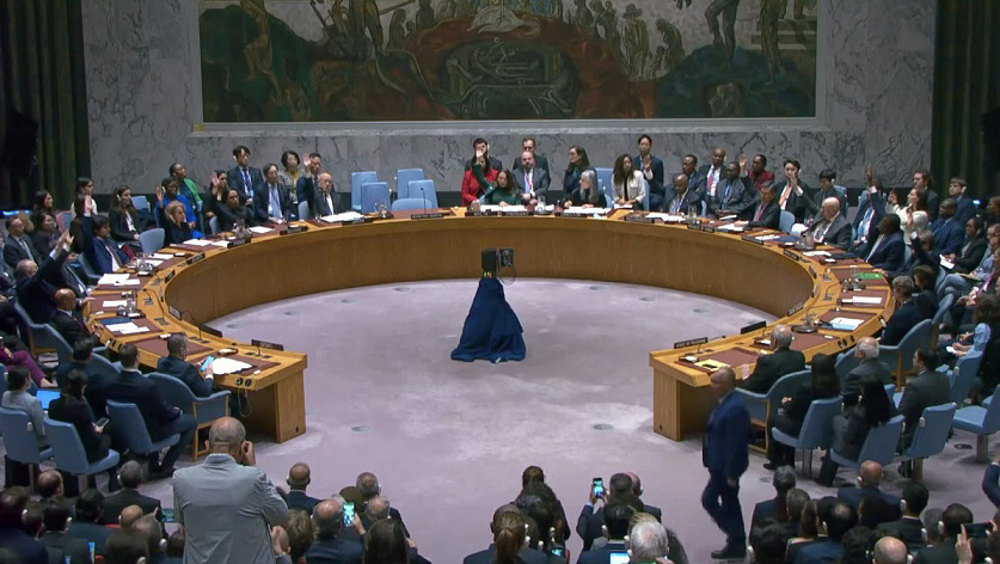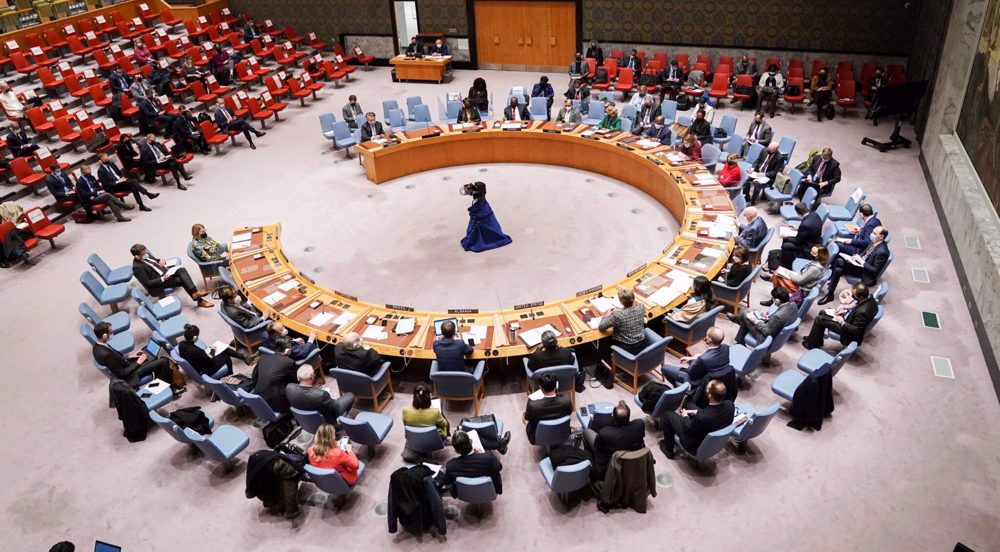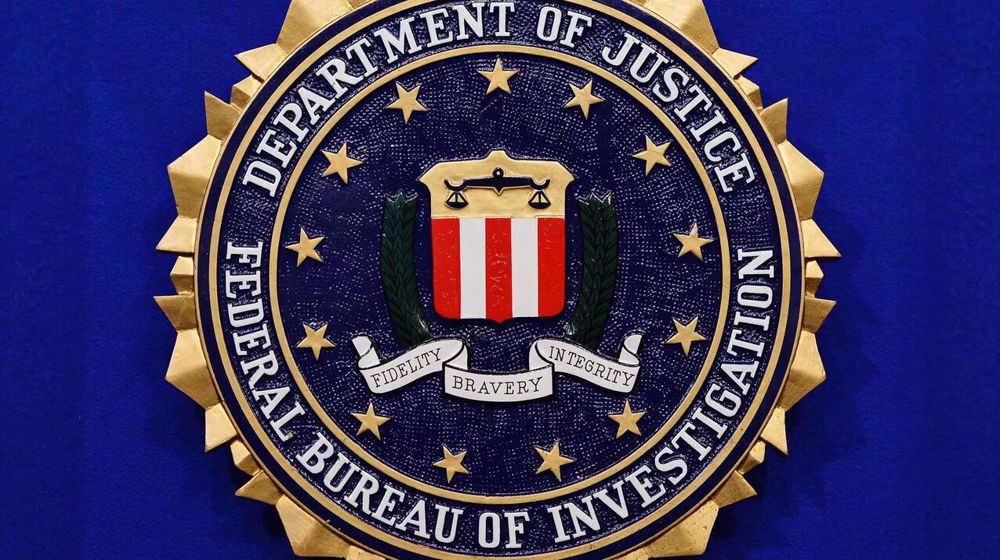Supreme Court takes up fight over Iran artifacts in Chicago museums
The US Supreme Court has agreed to decide whether ancient Persian artifacts held by two Chicago museums can be seized to enforce a $71 million judgment against Iran.
The case has grown out of a September 1997 bombing at a pedestrian mall in Jerusalem al-Quds that killed five people and injured 200. Two members of the Hamas resistance group were convicted.
The lawsuit filed by five groups of Americans who were either wounded or relatives of the injured argued Iran bore responsibility because it provided training and support to Hamas.
The Chicago-based 7th US Circuit Court of Appeals ruled in favor of Iran in the case in 2011.
Justices at the Supreme Court will now hear the appeal by the plaintiffs, who demand that Persian antiquities be used to pay damages for victims of the attack.
At issue is how to decide what assets qualify for seizure under the Foreign Sovereign Immunities Act, a federal law that governs when foreign entities can be sued in US courts.
A lower court had allowed the American plaintiffs to search for any and all Iranian assets in the United States to pay for the $71 million judgment.
The plaintiffs found three collections of ancient Persian artifacts -- prehistoric pottery, ornaments, and precious tablets -- owned by or on loan to Chicago's Field Museum of Natural History and the University of Chicago's Oriental Institute.
The collection, 30,000 clay tablets containing some of the oldest text in the world, are at the Oriental Institute on loan for research purposes.
The museums, however, have argued that the artifacts could not be seized to pay the judgment because they are subject to immunity under US law.
UN warns hundreds of thousands of Sudanese under ‘immediate danger’
Iraqi resistance strikes ‘vital’ target in Eilat after Israel attacks PMU base
North Korea conducts cruise missile warhead test: State media
Israeli airstrike kills at least 7 people in Rafah
VIDEO | Iranians hold nationwide demos in support of IRGC
Syria condemns US veto of Palestine UN membership resolution
Iraqi resistance forces hit Israeli Ovda air base
Hackers break into Israeli military’s computers, access trove of documents










 This makes it easy to access the Press TV website
This makes it easy to access the Press TV website